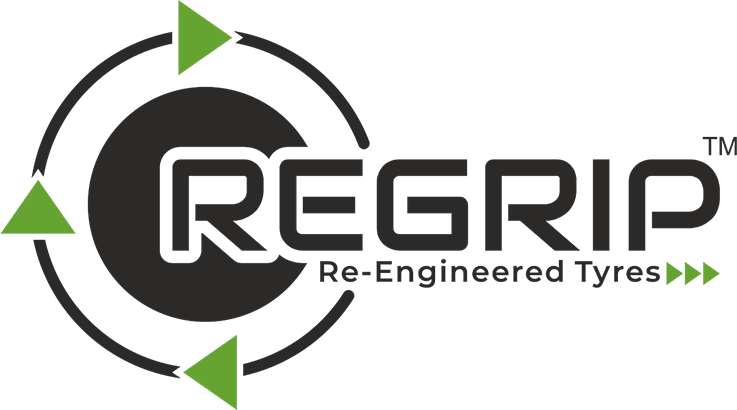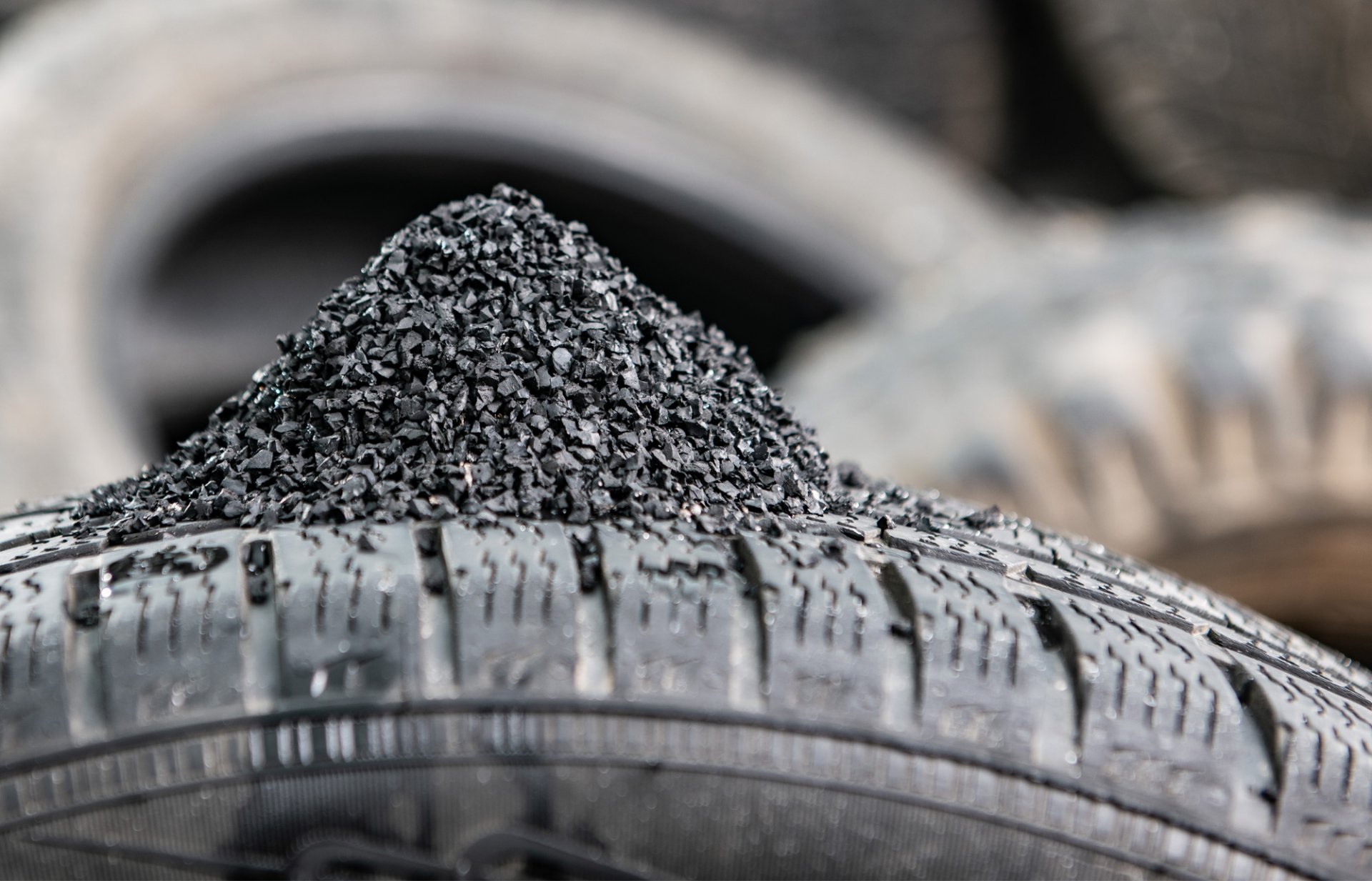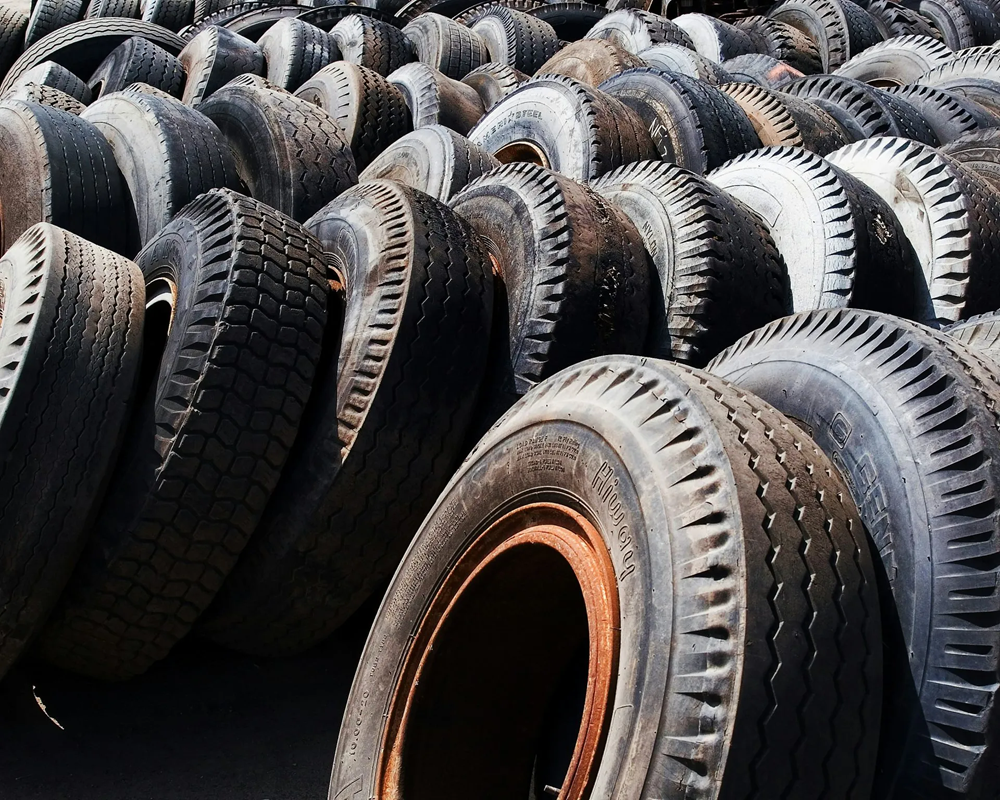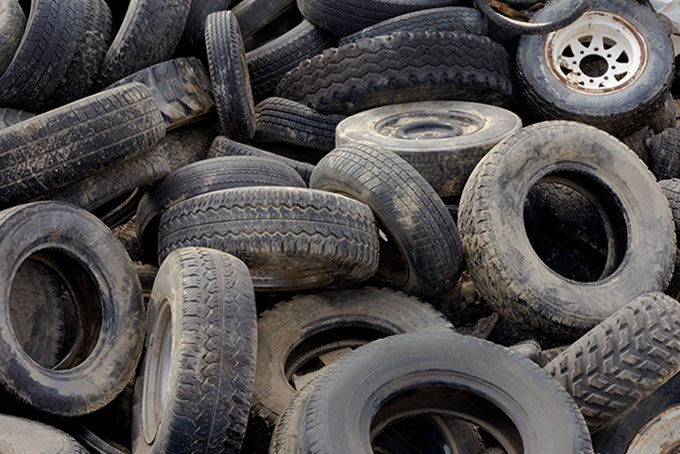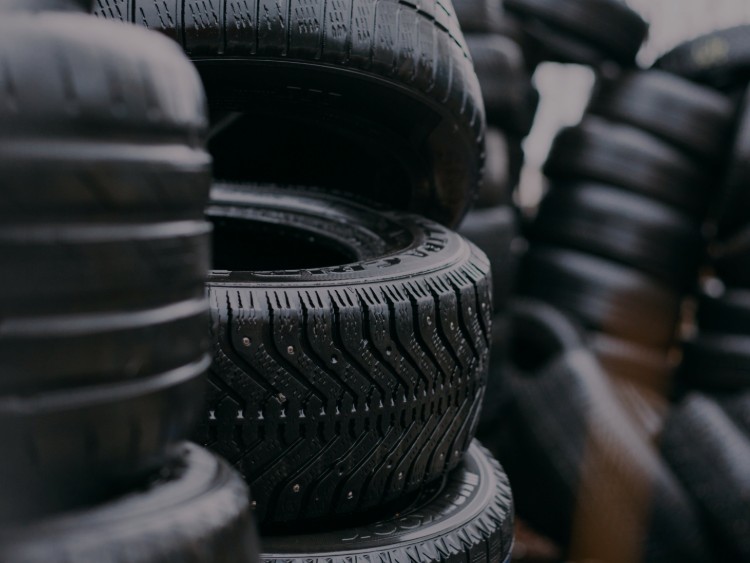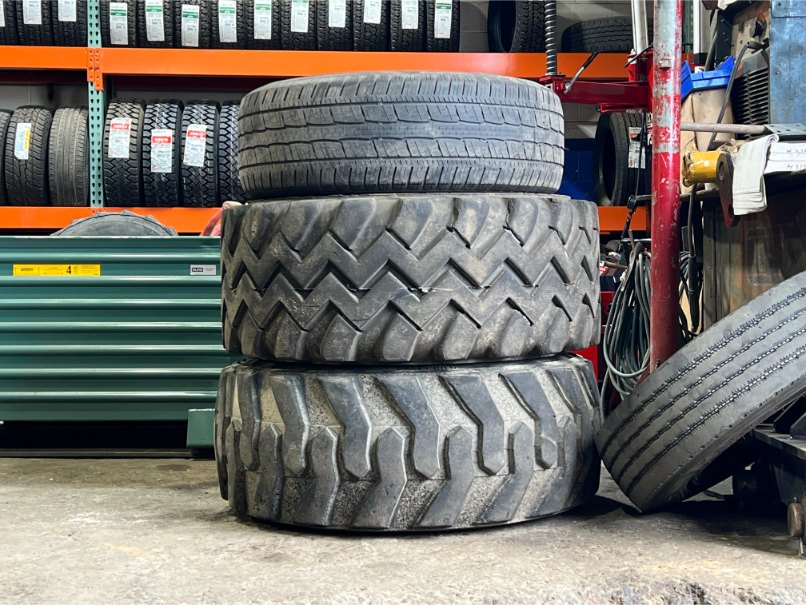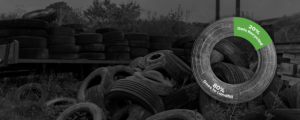
Extended Producer Responsibility (EPR) is a policy approach that makes producers financially and/or operationally responsible for the end-of-life management of their products. In other words, companies are accountable for how their products affect the environment in their entire lifecycle, from production up to disposal.
Key Aspects of EPR:
Product Stewardship: Producers are usually mandated at the end of the product’s life cycle to retrieve their products for responsible recycling, re-use, or disposal.
Finance Recycling Plans: Producers may be charged with or contribute to financing municipal recycling and waste collection programs.
Product Development: EPR seeks to manage product development in manners that are environment-friendly, repairable, and recyclable.
Minimize Waste Generation and Maximize Recovery and Reuse of Valuable Materials
Why is EPR Important?
Environmental Benefits:
Decrease the amount of waste going to landfills.
Saves natural resources.
Reduces pollution and greenhouse gas emissions.
Encourages the use of recycled materials in new products.
Economic Benefits:
Generates new employment opportunities in recycling and waste management industries.
Boosts innovation in product design and manufacturing.
It can ensure cost savings by businesses in the long term
Social Benefits
Enhances quality of public health and environment.
Raises public conscience about environmental concern.
Promote responsible consumption patterns and production.
Businesses and Manufactures EPR Compliance
Appreciate EPR Regulations and Understand the Current Ones: Analyze and recognize the EPR current regulations that cover your industry products in your specific region.
Develop a Take-Back System: Establish a collection and proper disposal system for the end-of-life products. It may be accomplished by establishing a collection point, partnering with third-party recyclers, or taking part in collective take-back programs.
Design for Sustainability: In the product development process, make sure to consider environmental factors. This includes developing products that contain recyclable material, minimizing packaging, and creating products that can be easily repaired and disassembled.
Track and Report: Accurate records of product sales, take-back volumes, and recycling activities for reporting purposes.
Keep Up-to-Date: Monitor the latest developments in EPR regulations and best practices.
Benefits of Early EPR Compliance:
Gain a Competitive Advantage: Demonstrate environmental leadership and attract eco-conscious consumers.
Avoid Penalties: Minimize the risk of fines and non-compliance penalties.
Improve Brand Reputation: Enhance your brand image and build trust with stakeholders.
Foster Innovation: Drive innovation in product design and manufacturing processes.
Conclusion:
EPR is the most important tool for policy by promoting a circular economy and mitigating the impacts of product consumption on the environment. Understanding EPR regulations enables businesses and manufacturers to contribute towards a more sustainable future while creating significant competitive and reputational advantages.
Disclaimer: This is a general informational blog post on EPR compliance. It is not professional or legal advice. Always consult the relevant authorities and legal professionals for specific information.
